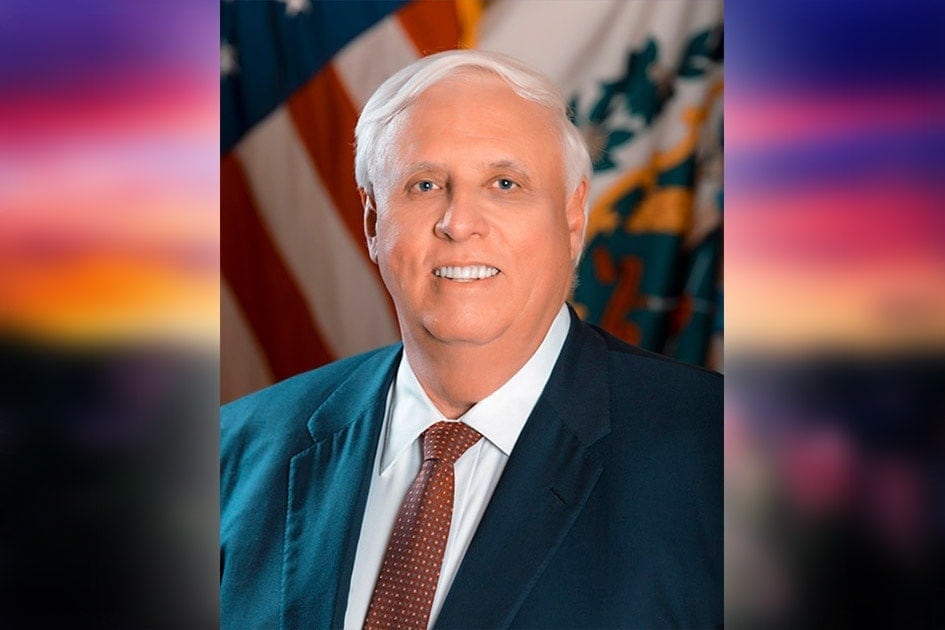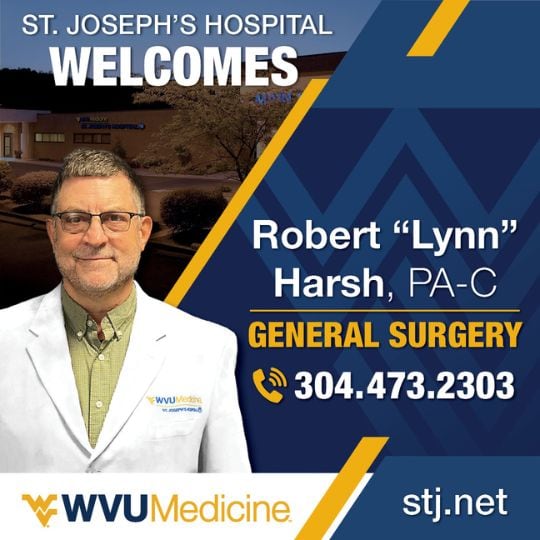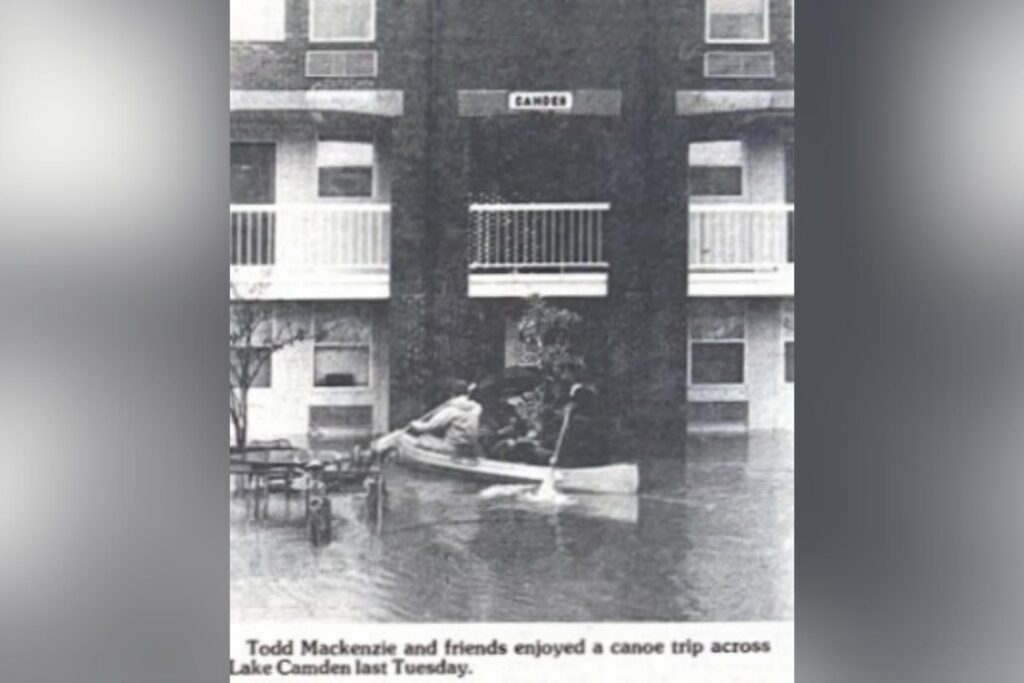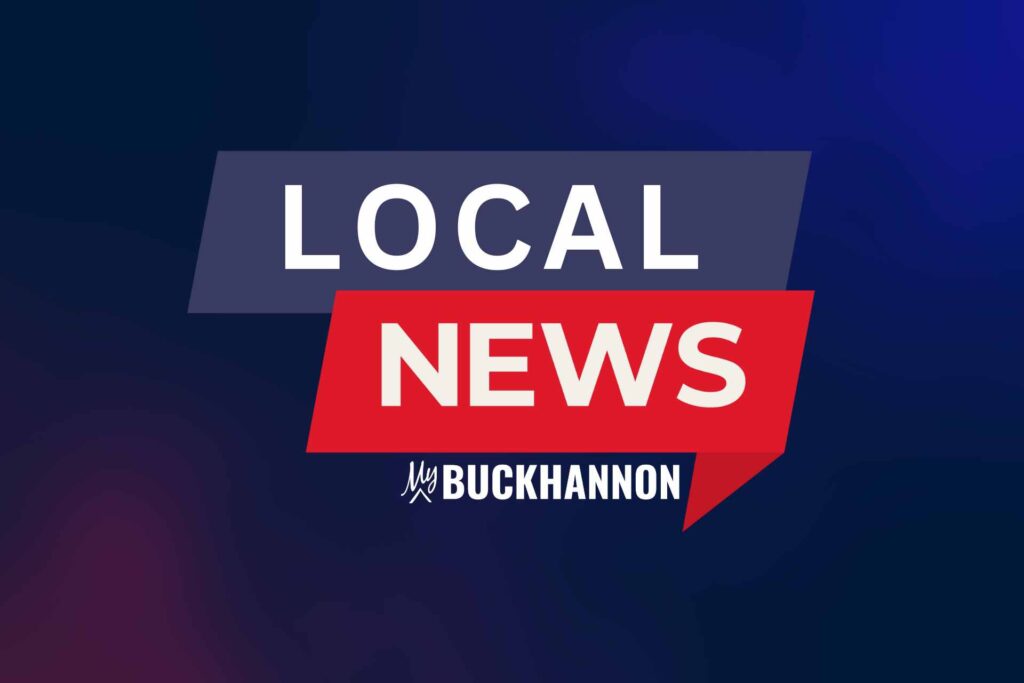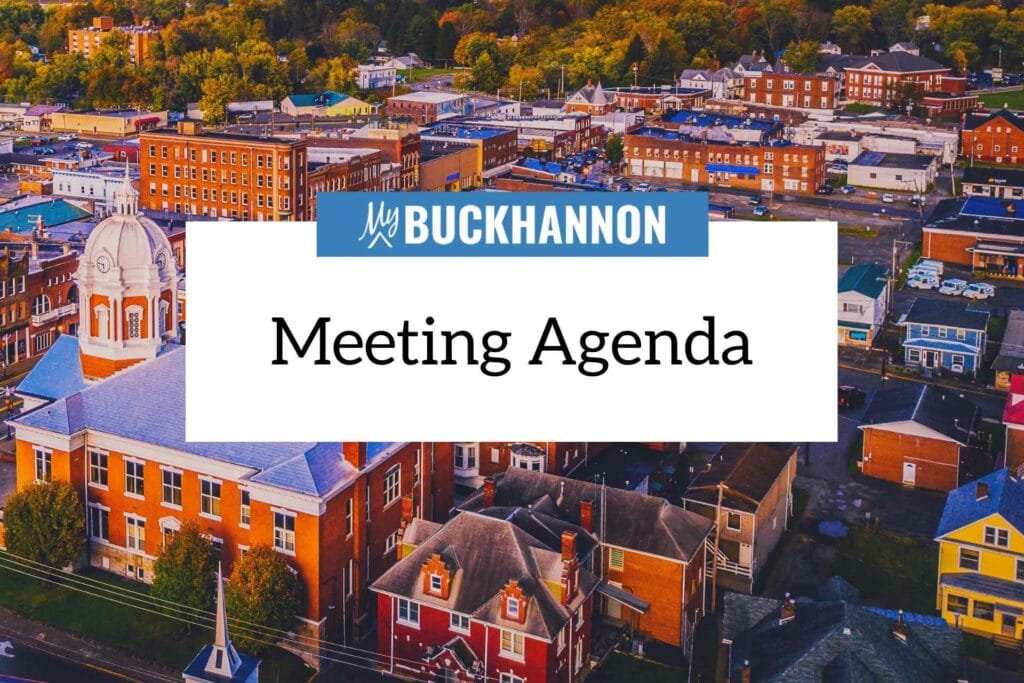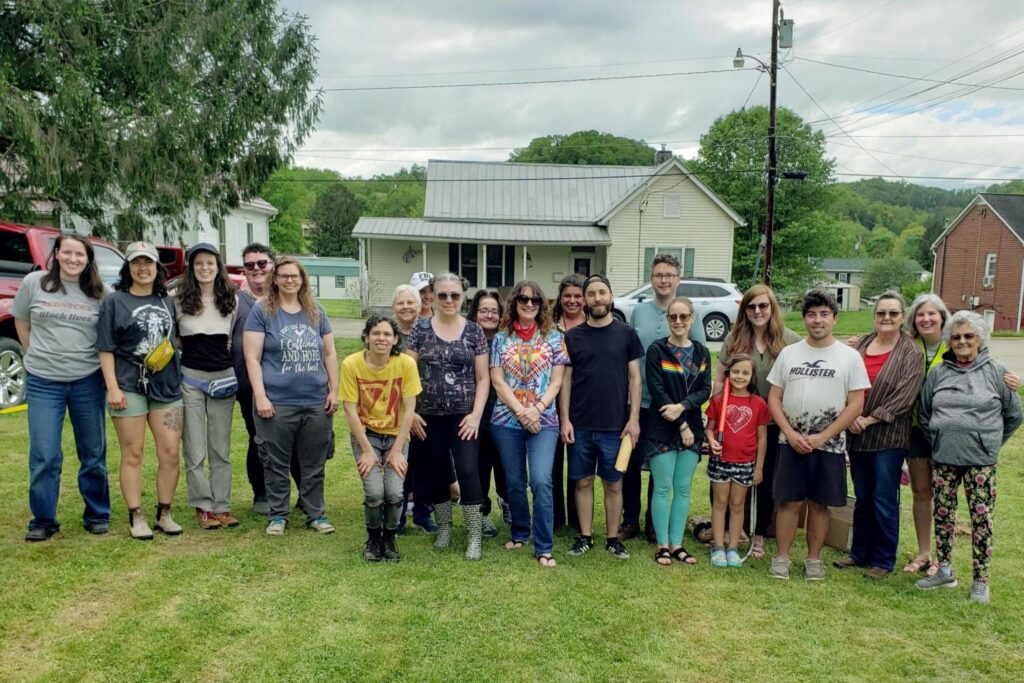CHARLESTON, WV – Gov. Jim Justice joined State health leaders at the Capitol Complex in Charleston today for a virtual press briefing to once again update the public on the many precautionary measures being taken in the interest of protecting the public from the potential spread of novel coronavirus disease 2019 (COVID-19).
CLOSURE OF STATE PARK LODGES, HATFIELD MCCOY TRAIL
During his remarks, the Governor announced that he has issued an Executive Order, mandating the statewide closure of all West Virginia state park lodges as well as the closure of the Hatfield McCoy Trail to the general public.
This order will officially go into effect tonight at midnight.
This closure only pertains to lodges and the Hatfield McCoy Trail specifically. It does not mandate the closure of entire state parks, campsites, or cabins.
“We want you to enjoy the parks. We want you to get outside. We want you to bike and hike and fish. But you just need to stay away from people,” Gov. Justice said. “Taking in the wonderful, pristine air from our parks can be very calming.
“Absolutely go to our parks and enjoy the parks. We’ve just got to close down our lodges.”
Gov. Justice also announced that trout stockings around the state will continue as planned. Gov. Justice urges West Virginians to participate by casting a line at their favorite West Virginia state park.
SUSPENSION OF SEVERAL STATUTORY RULES
Also during the briefing, Gov. Justice announced that he has also issued an Executive Order, mandating the suspension of several statutory regulations. These include:
Suspending the requirement that any medical provider “hold an active, unexpired license” issued by the Board of Medicine, with the exception of those with pending complaints, investigations, consent orders, board orders, or pending disciplinary proceedings.
Suspending the requirement for telemedicine providers to be licensed in West Virginia, provided that such provider possesses a license within their own state.
Suspending the requirement that medical licenses are only valid for two years.
Suspending the requirement that an educational permit is only valid for one year.
Suspending the requirements for Physician Assistants licensure, reinstatement of licenses, written authorizations from the boards, collaboration limits, and collaborative agreements.
Suspending the requirements that boards of examination or registration conduct investigations and adjudication of complaints of professional and occupational misconduct in specific timeframes.
Suspending the requirement that any person to practice or offer to practice medicine or surgery as an osteopathic physician or surgeon “hold an active, unexpired license” issued by the Board of Osteopathic Medicine, with the exception of those with pending complaints, investigations, consent orders, board orders, or pending disciplinary proceedings.
Suspending the requirement for post-graduate training that will no longer be available after July 1, 2020 and the requirement that individuals graduating from ACGME programs have to complete 40 hours of Continuing Medical Education prior to licensure.
Suspending the requirement that physicians biennially furnish proof of completion of 32 hours of continuing medical education prior to renewal.
Suspending the requirement that the first educational permit issued be valid for a period of 15 months and subsequent educational permits issued to the same person may be valid for not more than 12 months.
Suspending the requirement that telemedicine be performed by video only.
Suspending the procedures for applications for licensure by out-of-state medical practitioners under the Interstate Medical Licensure Compact.
Suspending vehicle size and weight limitations.
Suspending the deadlines for annual vehicle inspections.
Suspending the deadlines for renewal and payment of annual fees for video lottery machines.
Suspending the deadline to renew permits from Alcohol Beverage Control Administration.
Suspending any other statute or rule that prescribes time limits or deadlines by which state agencies or political subdivisions or agencies thereunder must hold hearings, and allowing abeyance of such hearings or for such hearings to be conducted by telephonic means, at the sole discretion of the applicable state agency or political subdivision or agencies thereunder.
